Theories that try to explain these big metaphysical mysteries fall short, making agnosticism the only sensible stance.
Category: computing – Page 650

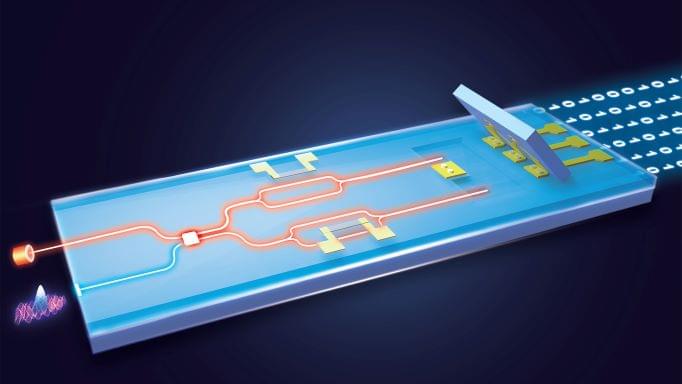
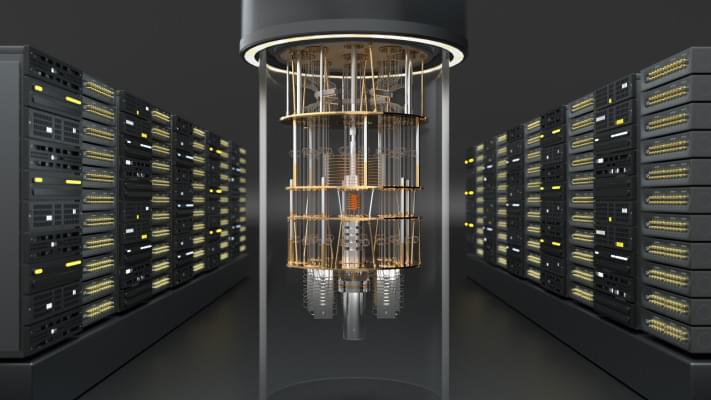
Quantum Machines plans to expand quantum orchestration platform with $50M investment
Quantum Machines, an Israeli startup that is building the classical hardware and software infrastructure to help run quantum machines, announced a $50 million Series B investment today.
Today’s round was led by Red Dot Capital Partners with help from Exor, Claridge Israel, Samsung NEXT, Valor Equity Partners, Atreides Management, LP, as well as TLV Partners, Battery Ventures, 2i Ventures and other existing investors. The company has now raised approximately $83 million, according to Crunchbase data.
While quantum computing in general is in its early days, Quantum Machines has developed a nice niche by building a hardware and software system, what they call The Quantum Orchestration Platform, that helps run the burgeoning quantum machines, leaving it plenty of room to grow as the industry develops.
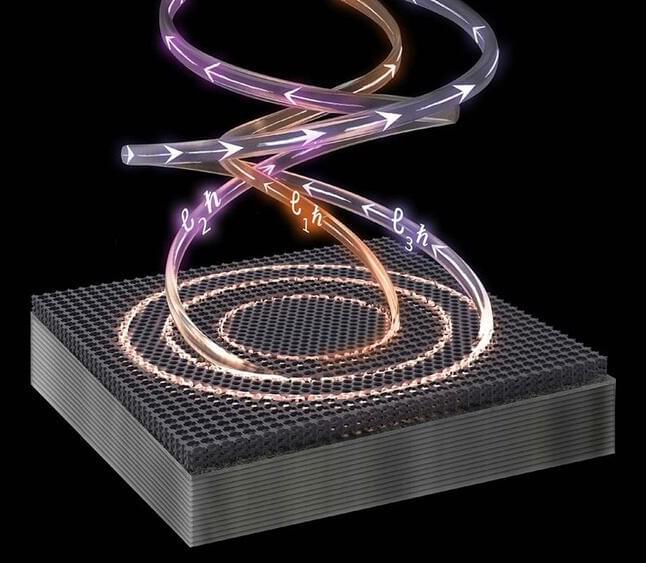
Optical Antennas Promise ‘Unlimited’ Data Capacity
Researchers at the University of California, Berkeley have outlined details of an optical antenna they claim could provide almost limitless bandwidth.
They suggest the key to the breakthrough is a method of being able to take full advantage of the orbital angular momentum (OAM) properties of a coherent light source, thus enabling multiplexing, or simultaneous transmission.
According to Boubacar Kante, the principal investigator of the Berkeley project “it is the first time that lasers producing twisted light have been directly multiplexed.” He is an associate professor in the university’s Electronic Engineering and Computer Sciences Department, and the initial results of the work have just been published in Nature Physics.

Technology: Ceramic chip could write off discs
Circa 1991 😀
An Australian company has launched an erasable computer memory chip that retains data when its power source is switched off. The chip could revolutionise the design of computers and other electronic devices by doing away with the bulky magnetic disc memories that are currently used to store data permanently.
Current computers rely on a selection of memory devices. These include chips known as read-only memories or ROMs that store preprogrammed data without power but cannot be erased, and instantly erasable chips that require constant power, known as random-access memory or RAMs. To store more data and programs when the power is off, most computers use magnetics discs.
The new chip is known as a ferroelectric random-access memory or FRAM. If it proves as successful as its developer, Ramtron, claims, it could replace all other types of data storage.
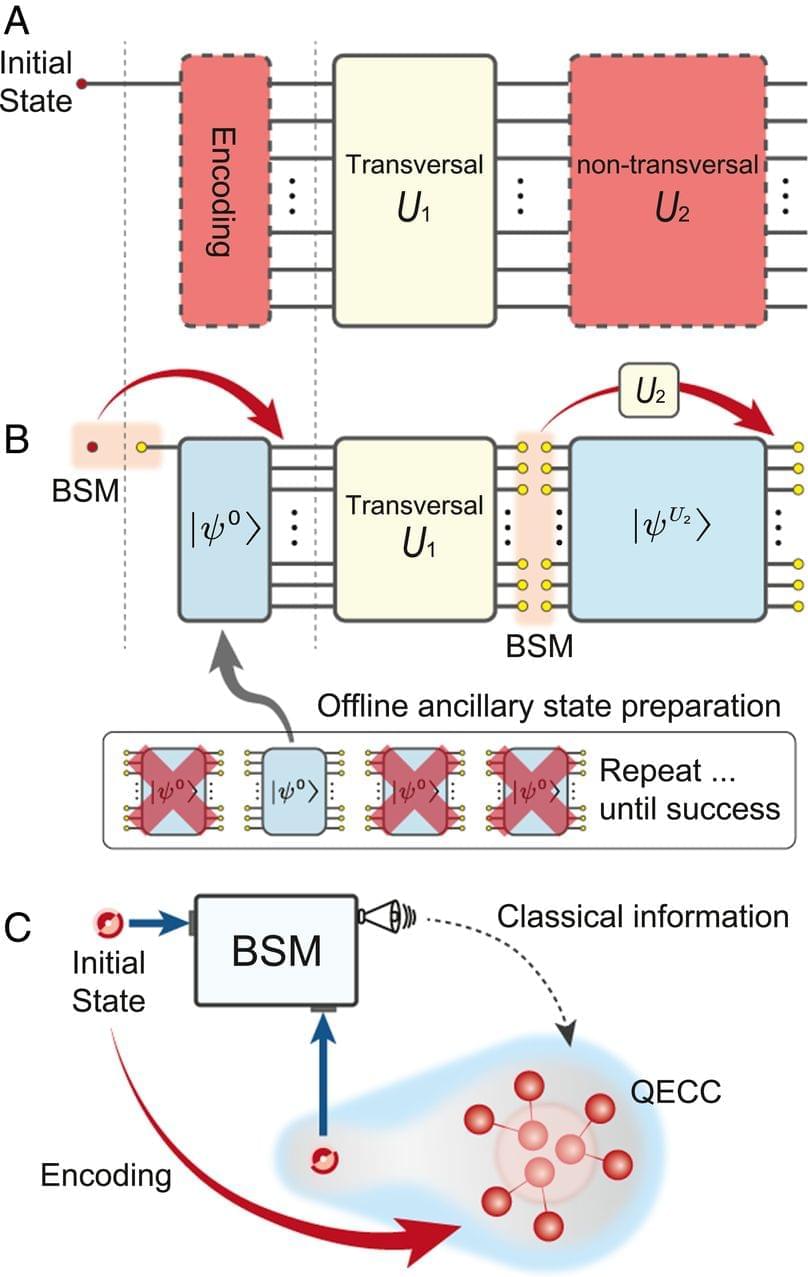
Quantum teleportation of physical qubits into logical code spaces
Quantum computers in regular logical computers.
Quantum teleportation and quantum error correction play crucial roles in fault-tolerant quantum computing. Here, we implemented error-correctable quantum teleportation to manipulate a logical qubit and observed the protection of quantum information. Our work presents a useful technology for scalable quantum computing and can serve as a quantum simulator for holographic quantum gravity.
Quantum error correction is an essential tool for reliably performing tasks for processing quantum information on a large scale. However, integration into quantum circuits to achieve these tasks is problematic when one realizes that nontransverse operations, which are essential for universal quantum computation, lead to the spread of errors. Quantum gate teleportation has been proposed as an elegant solution for this. Here, one replaces these fragile, nontransverse inline gates with the generation of specific, highly entangled offline resource states that can be teleported into the circuit to implement the nontransverse gate. As the first important step, we create a maximally entangled state between a physical and an error-correctable logical qubit and use it as a teleportation resource. We then demonstrate the teleportation of quantum information encoded on the physical qubit into the error-corrected logical qubit with fidelities up to 0.786.
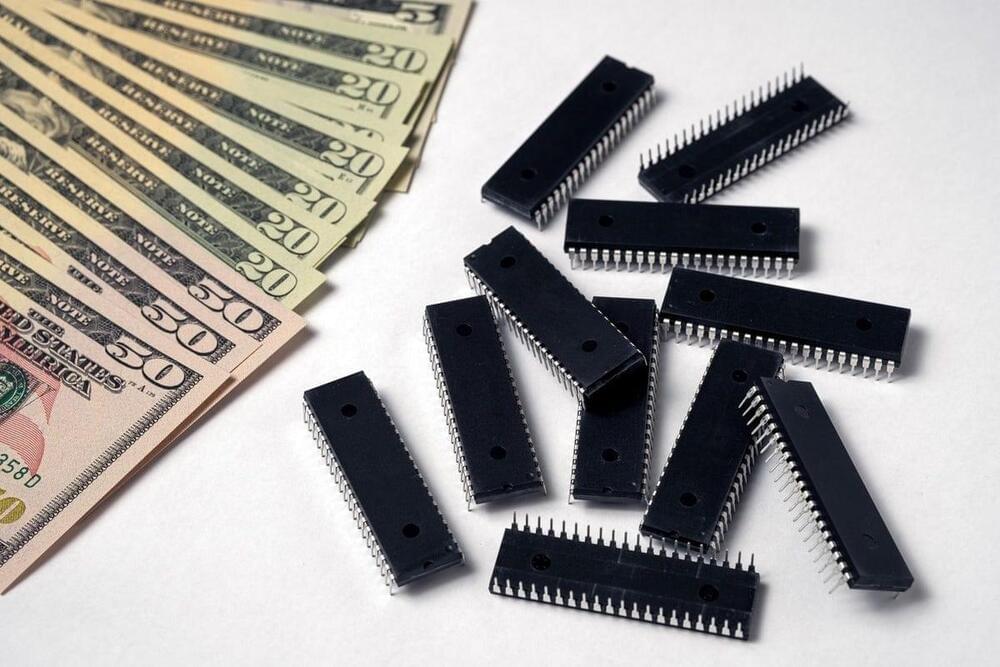
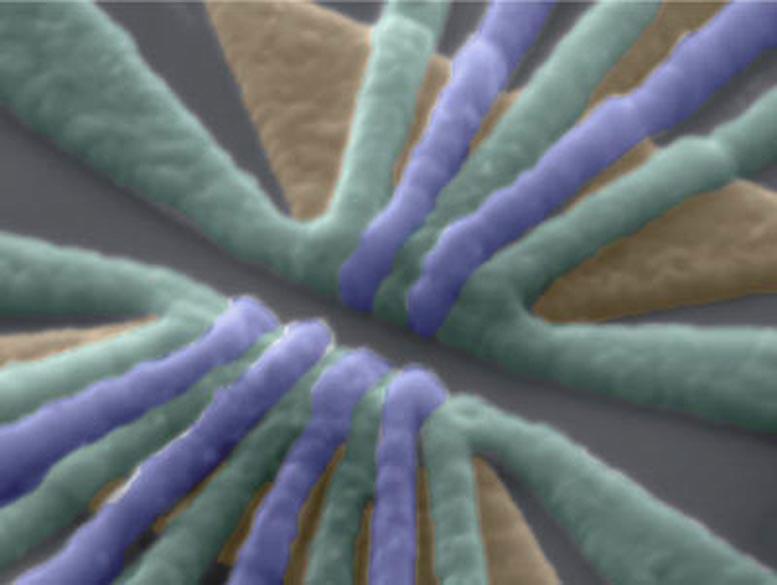
Quantum Computing Breakthrough: Entanglement of Three Spin Qubits Achieved in Silicon
A three-qubit entangled state has been realized in a fully controllable array of spin qubits in silicon.
An all-RIKEN team has increased the number of silicon-based spin qubits that can be entangled from two to three, highlighting the potential of spin qubits for realizing multi-qubit quantum algorithms.
Quantum computers have the potential to leave conventional computers in the dust when performing certain types of calculations. They are based on quantum bits, or qubits, the quantum equivalent of the bits that conventional computers use.
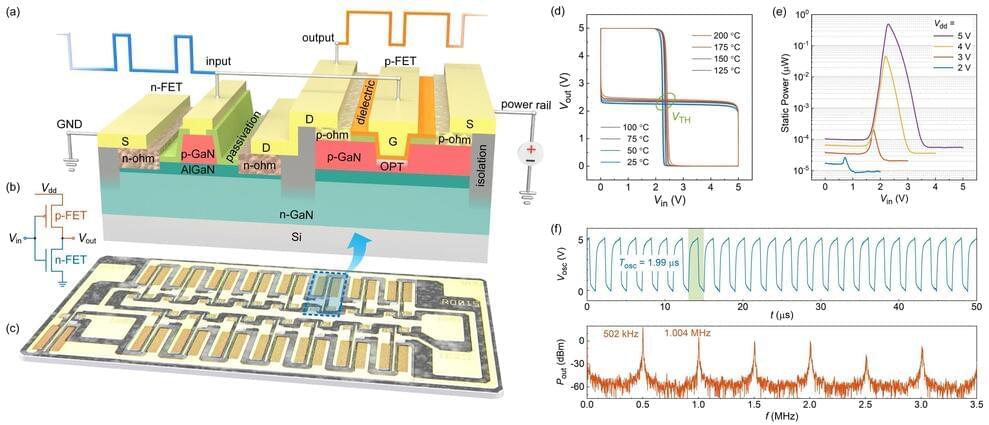
Researchers realize gallium nitride-based complementary logic integrated circuits
Most integrated circuits (ICs) and electronic components developed to date are based on silicon metal-oxide-semiconductor (CMOS) technology. As silicon (Si) is known to have a narrow bandgap, however, in recent years engineers have been trying to develop ICs using other materials with a wider bandgap, such as gallium nitrite (GaN).
ICs made of GaN could have notable advantages over conventional ICs based on silicon, particularly for the development of power electronics, radiofrequency power amplifiers and devices designed to operate in harsh environments. However, so far developing GaN CMOS logic circuits has proved to be highly challenging, due to the intrinsically low mobility of holes in the material and the lack of a suitable strategy for integrating n-channel and p-channel field-effect transistors (n-FETs and p-FETs) on a single substrate.
Researchers at the Hong Kong University of Science and Technology (HKUST) have recently realized a series of GaN-based complementary logic ICs. Their paper, published in Nature Electronics, could have important implications for the development of new types of electronics.